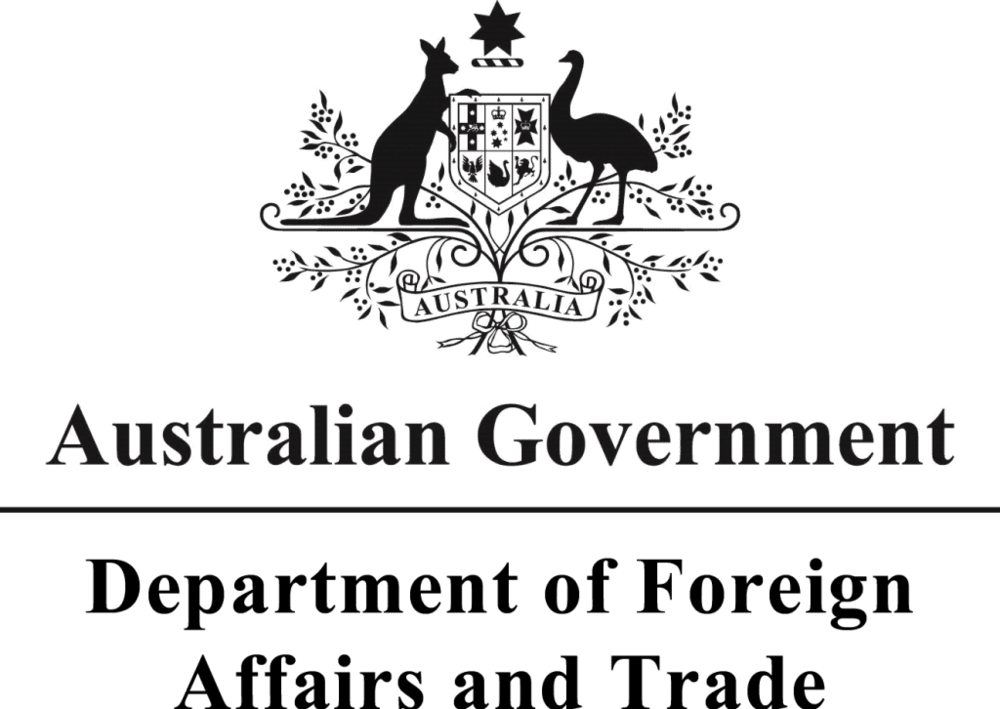Department of Foreign Affairs and Trade (DFAT) email failure reveals the email addresses of at least 1,000 Australians who were stuck overseas during the Covid-19 pandemic.
At least 1000 Australians overseas have had their personal email addresses shared with strangers due to a mistake by the Department of Foreign Affairs. “DFAT has fixed the error and accepted the mistake, they have asked the recipient to delete the email sent by DFAT by mistake, the department wrote.
DFAT Clarification
According to the DFAT, as soon as the Department of Foreign Affairs and Trade became aware of the error, remedial action was taken and the message was immediately recalled.
We request your assistance in immediately deleting that email from your IT system and refraining from any further forwarding of the email to protect the privacy of the individuals concerned.
They tweeted an apology for the error on Wednesday night, saying “no other personal information was disclosed.”
We apologise for unintentionally disclosing email addresses of stranded Australians we’re trying to help get home. No other personal information was disclosed. We want to get you home, and are working as hard as we can to do so.
— Department of Foreign Affairs and Trade 🇦🇺 (@dfat) September 30, 2020
DFAT has issued an email to provide details of the Financial Hardship Program, which allows people to take out a small loan to tide them over or help fund their trip back to Australia.
Queenslander Melissa Ford and her partner relocated to London just before the pandemic, where he has been working as a clinician for the National Health Service.

According to Melissa, she is feeling uncomfortable: Everyone that had that email sent to them is already vulnerable and in a desperate situation.
Melissa said a social media group that has sprung up to share tips for Australians trying to return home has been filled with discussion about the email, and concerns about how the list of addresses could be misused.
All it takes is for some idiot to get a hold of it and then take advantage of how vulnerable people are, she said.
“Anything could happen, fake emails could be sent to people that desperately need help. It’s very disheartening. I don’t want my email going out to strangers.”
She said one of the main concerns she has is whether the addresses could be leaked.
Reaction from Twitter users
Thanks for confirming just how untrustworthy any govt arm is when it comes to personal data.
— Natasha yann adventurer 🏜🚐⛰🚶🏼♀️🔋⚡️🚙 (@natasha_yann) September 30, 2020
https://twitter.com/steph_brown_aus/status/1311271699954819072
https://twitter.com/tall_rach/status/1311275273489321991
https://twitter.com/apastasalad/status/1311269647497322496
DFAT, if you'd done this when my dad was in your department, he would have had your guts for garters.
— DQ Fiona #IStandWithDan (@fionajreynolds) September 30, 2020
You may like ‘Trojan horse’ treatment makes cancer self-destruct without the use of drugs
Follow me on Instagram and Facebook





